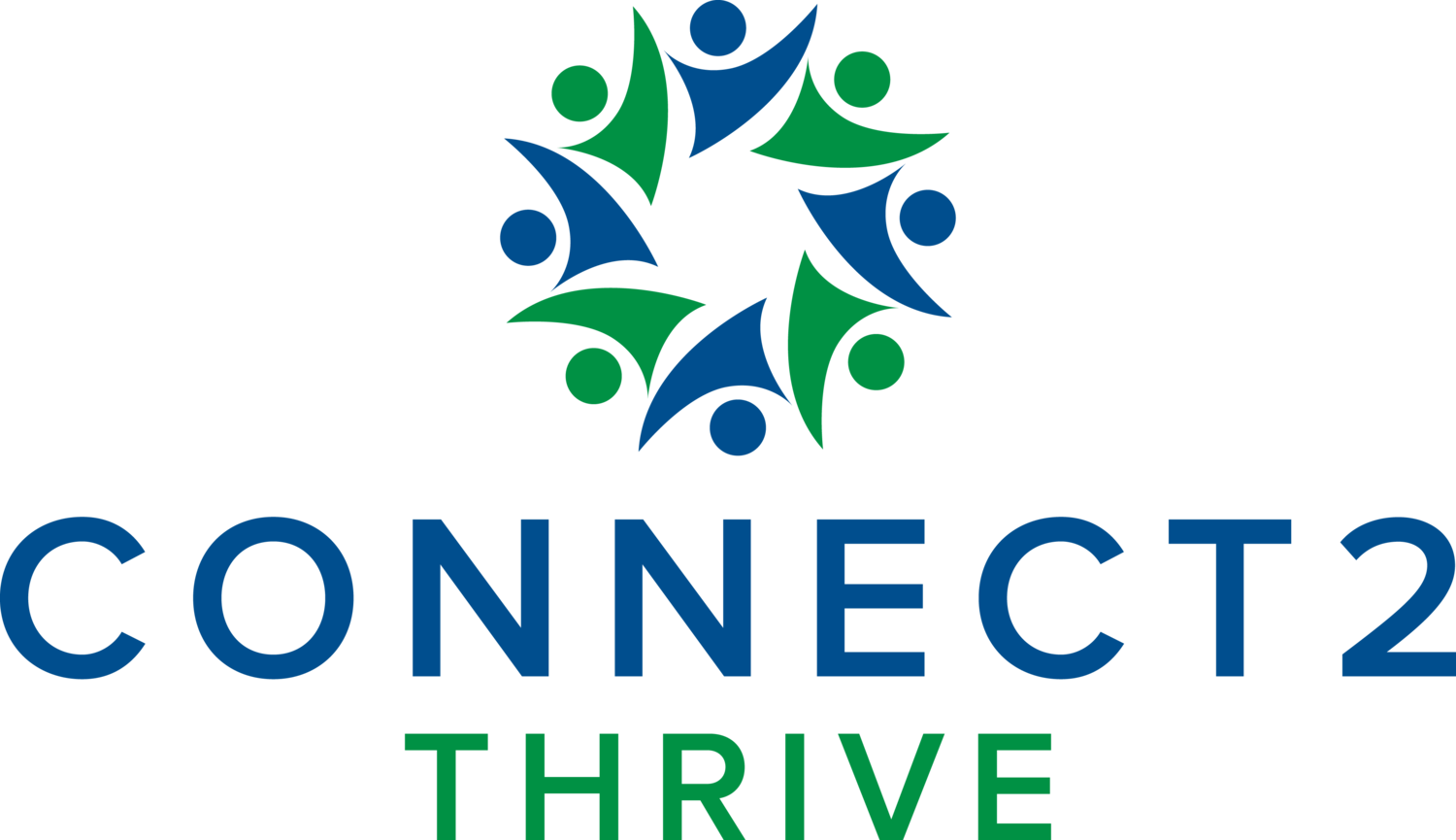
Areas of Focus
Relational Health and Well-being for Adults and Teens
I firmly believe all clients have the potential to have relationships and lives that are deeply meaningful - both with friendships and significant others. Healing often involves looking at the relationship we have with ourselves, as well as the relational patterns we have with others. It can also mean understanding and healing nervous system responses that are no longer supporting what you want in life or in relationships. Difficulties developing healthy relationships can be shaped by many things:, trauma, chronic stress, and our childhood relational experiences. Anxiety, depression, and relational challenges are all signals that you may need support. The good news is - profound change can happen. You can learn to move beyond managing yourself and begin to feel better.
Early/Childhood Trauma
Early trauma (between birth and the age of 5) does not typically get coded into the memories of our minds, but rather is stored in the body in somatic responses to various situations. Research is also finding that these experiences are coded into the brainstem vs into higher levels of the brain where other trauma modalities are typically focused. Conscious memories are processed, but this early brainstem response can remain unhealed and the conscious brain is still being controlled by our subconscious brain, allowing us to be derailed by negative self beliefs, high anxiety, depression and no clear sense of who you are. I work with all ages to heal the earliest trauma experiences. The modalities I use to work with this are Deep Brain Reorienting and Transforming Touch.
Early trauma can be caused by birth trauma, medical trauma, early abuse or neglect. Often, however, we often don’t have knowledge of our experiences at these early ages. Here are some possible signs you may have early trauma: 1) Past therapy has been unsuccessful, 2) Difficulty trusting/relational difficulties, 3) Identity confusion/disconnected from self, 4) Low self worth, 5) Self destructive/risky behaviors, 6) Deep feelings of aloneness, 7) Chronic illness/Chronic pain, 8) Chronic insomnia, 9) Perfectionism, 10) Patterns of relational challenge, 11) Eating Disorders, 12) Addictions, 13) Avoidance of things that feel hard.
Developmental and Trauma Therapy for Children
Children often show their distress in difficult behaviors - anxiety, meltdowns, avoidance, lying, difficulties in school, regression in skills, withdrawal, etc In therapy, we will use play, EMDR, Transforming Touch, or nervous system supports to improve social emotional capacities and support developmental growth. I work closely with parents to support ways to help children in the home and at school. And, I help parents look underneath behavior to better understand the responses of their child.
Parenting Support
I believe parenting is the hardest job on earth. Parents want the best for their kids and desire a positive relationship with them. Family therapy may include parent-child play, working on understanding and co-regulating emotions, increasing awareness of relational patterns, supporting shared problem-solving, increasing a sense of safety in relationships, developing effective communication and healing trauma. I use methods that are attachment-focused and support connection and social-emotional development. We can work together to develop strong relational bonds.
Nervous System Support through Music
The Safe and Sound Protocol (SSP) is an auditory intervention designed to reduce stress and emotional reactivity, while enhancing social engagement and resilience. Emotional and physiological states are important to how we engage with the world. Backed by over 40 years of research, the SSP can help inattentiveness, anxiety, trauma-related symptoms, and auditory sensitivities. For some clients, the SSP provides an additional therapy option that can enhance therapeutic progress. When a person has better state control, not only can they be more socially engaged, they are more responsive in therapy and outcomes are often achieved more quickly.
Rest and Restore Protocol (RRP), like the SSP is used as an adjunct therapy and is designed to supplement treatment strategies when treating clients with chronic stress, influential trauma history, functional disorders, insomnia, and mental health-related challenges. RRP has been reported to help clients have greater access to therapy, enhance autonomic regulation, improved gut function, feel more relaxed, calm, sleep better, feel less anxious and depressed, and have greater access to their feelings.
Therapist Supervision
I have completed extensive supervision training through Noeticus Training Institute and have completed all of the requirements for the Approved Clinical Supervisor (ACS) accreditation. I take a developmental approach and specialize in attachment, trauma, neuroscience, child development and Polyvagal Theory. I focus on the development of the whole clinician - including therapist use of self, risk management, ethics, reflective practice, and administration, as well as supporting knowledge around the clinical aspects of cases. I often use experiential methods to deepen the learning and to support a more embodied understanding.
Start With a Free Consultation
I provide a free 20 minute consultation to answer any questions you may have about my practice. Let’s explore working together.






